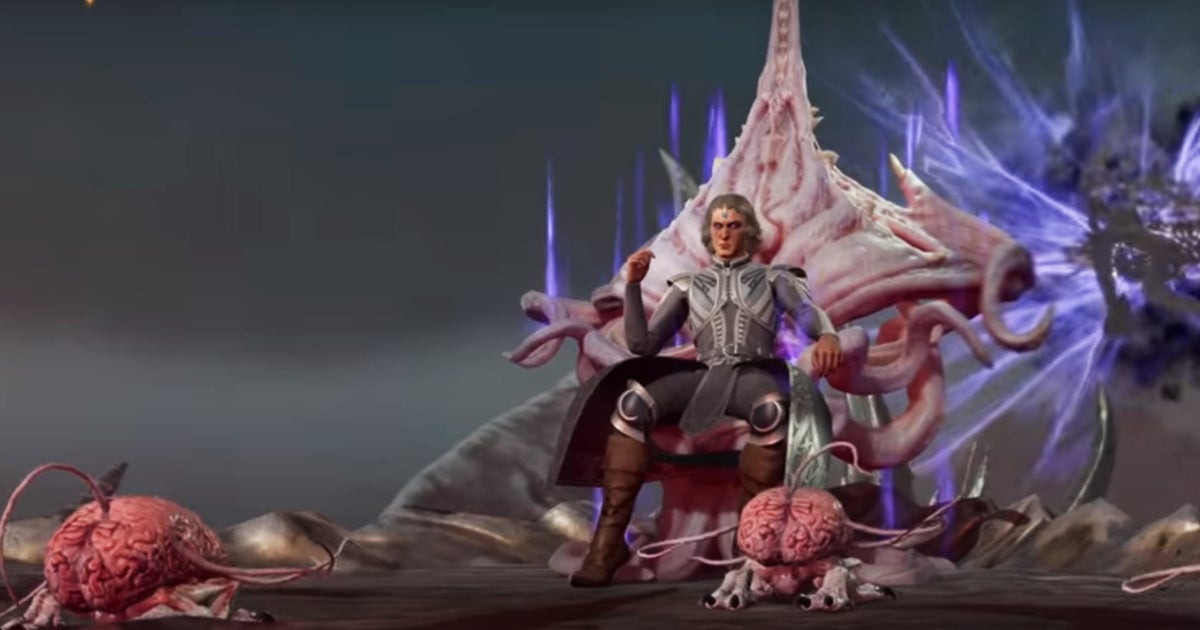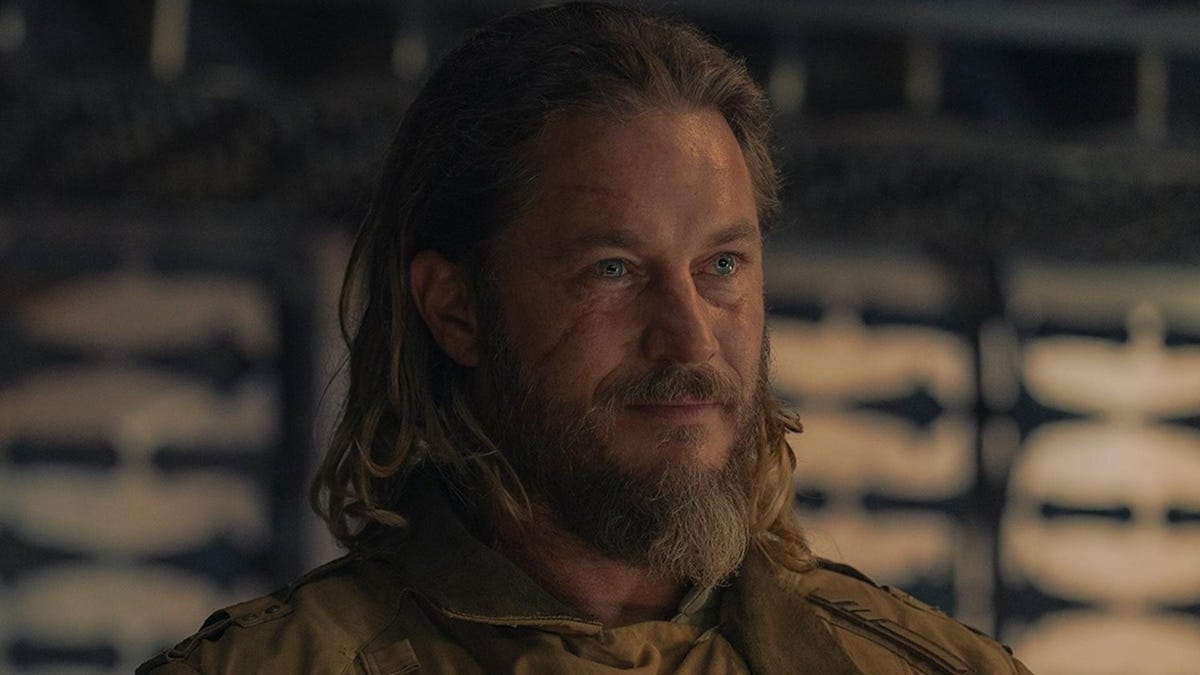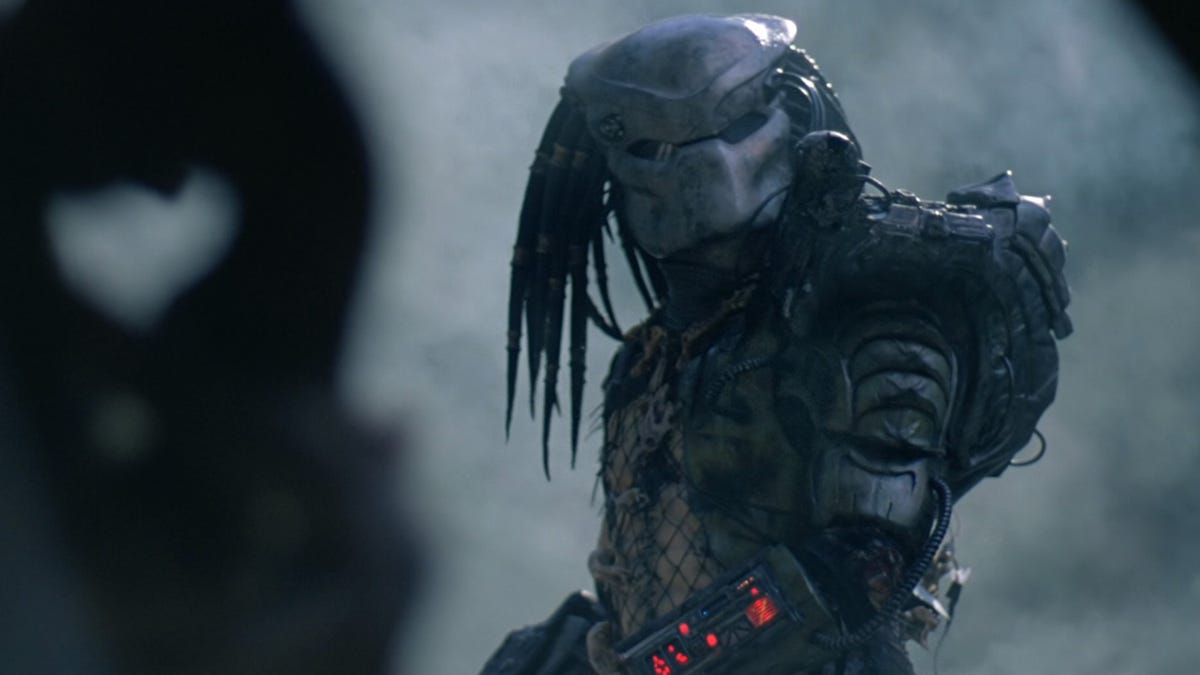Frank Herbert, who created the series, had a few vague explanations about jihad, but never fully explained it. Then, after Frank’s death in 1986, his son Brian took over the series and wrote an entire prequel series in which he explained the war very differently than his father. Every Dune fan has the right to weigh the pros and cons of each approach, but HBO’s prequel series Dune: ProphecyHe doesn’t have that kind of luxury. Instead, it chooses one version of the past and roots the entire universe in it.
But to better understand the universe Dune: ProphecyIt is important to first understand the differences between Frank’s and Brian’s versions of jihad itself.
While Frank didn’t include too many explanations of Butlerian Jihad in his novels, he does at one point describe God-Emperor Leto II Atreides, describing it as more of an ideological movement than a war itself. According to Leto II, it was a moment when humanity began to feel the spread of technology and “thinking machines” – essentially computers capable of superhuman thinking – had stolen their humanity and made them subjects of the tools they had created . In this moment of clarity, a wave of revolution swept across humanity, leading to the destruction and ostracism of nearly every thinking machine in the universe, and even taking the species a technological step backwards to regain its agency.
This kind of metaphorical war on technology is an intriguing idea, and fittingly unique and sensitive to Frank Herbert’s universe. Science fiction is full of universes based on wars fought long ago (like the Clone Wars in the original Star Wars trilogy), but it is rare that these wars take the form of a social movement rather than an armed one Embracing conflict, especially considering how they have changed the way the entire universe works.
Brian Herbert, on the other hand, chronicled these years in the Dune universe in a much more traditional way in his numerous prequel novels. The very short version of its story is that it is simply a big, evil robotic intelligence that threatens humanity. And to be fair, much of his work in the Dune universe is based on notes and conversations with Frank during his lifetime. So it’s not entirely clear where to draw the line between his ideas and those of his father. What we can say, however, is that the Butlerian Jihad in Brian’s prequel novels is a simpler Terminator-style war between humans and complex machines hell-bent on destroying and/or enslaving humanity.
This is the Butlerian version of jihad Dune: Prophecy collaborates, as we see in the opening moments of the premiere. It’s less interesting and unique than Frank’s abstract war, but it’s much easier to follow and communicate for storytelling purposes. (And the show using Brian’s version of the story shouldn’t be much of a surprise, considering it’s technically an adaptation of one of Brian’s prequel trilogies called Great Schools of Dune.) The Butlerian Jihad, in the world of Dune: Prophecy
Of course, just because prophecy has made its version of Butlerian Jihad clear, but that doesn’t mean the show will be full of easy answers. Even after the first episode, we still have a lot of questions about who exactly Desmond Hart is and what powers he possesses, where the Bene Gesserit are in their sordid history of power games, and whose eyes the sisters see in their dreams. But whatever answers the series reveals to these questions, at least we know what kind of robot war sparked this chaos.








